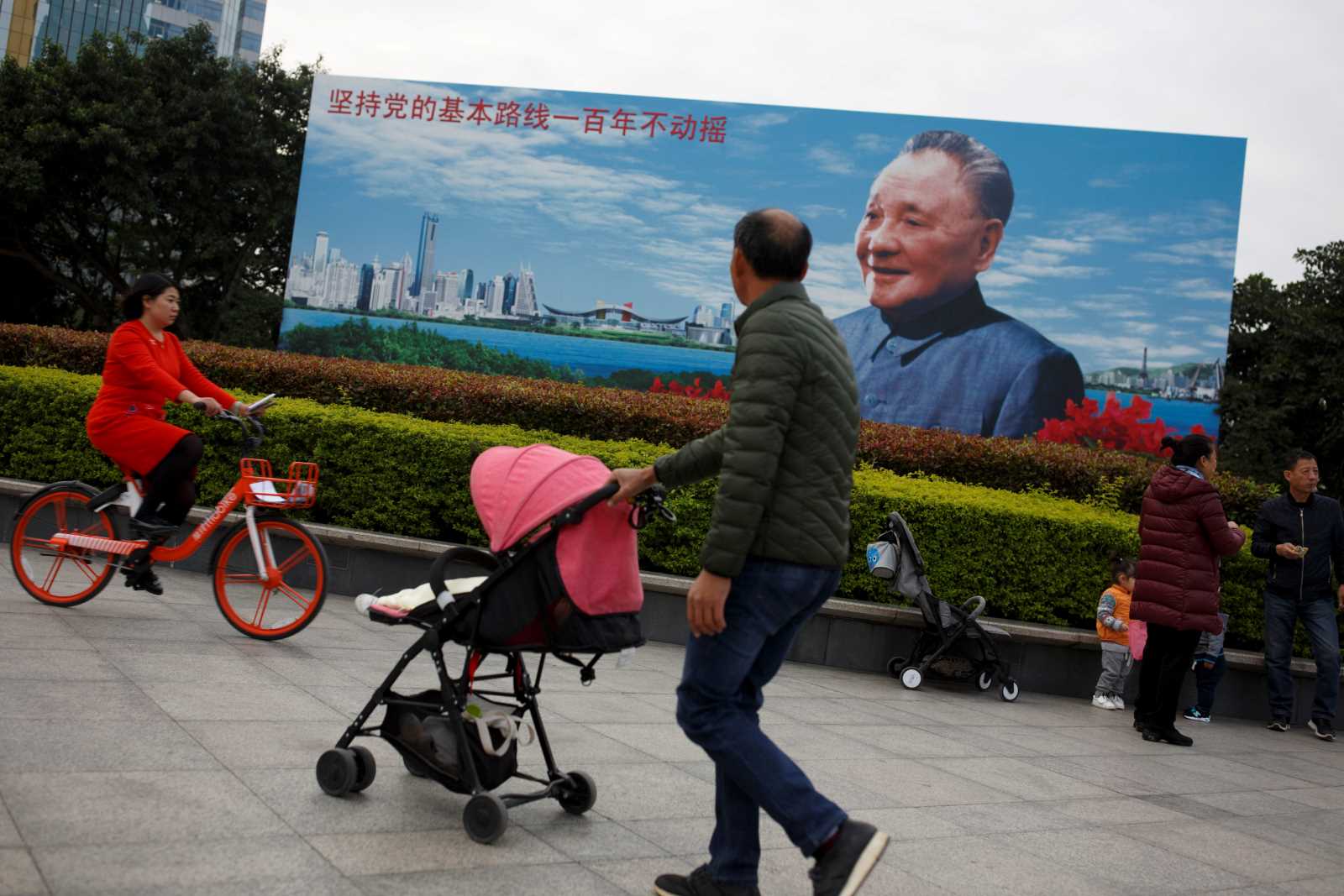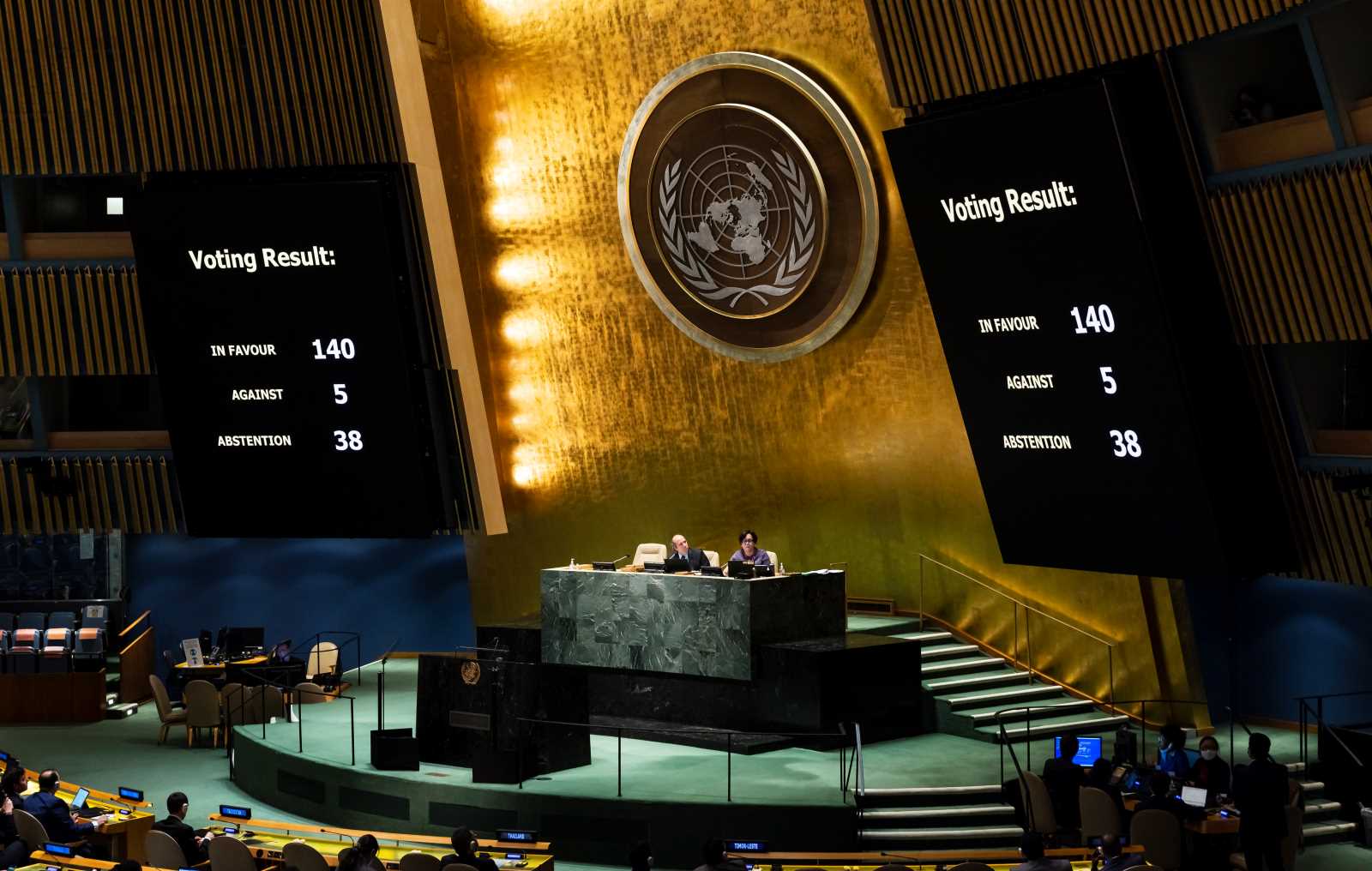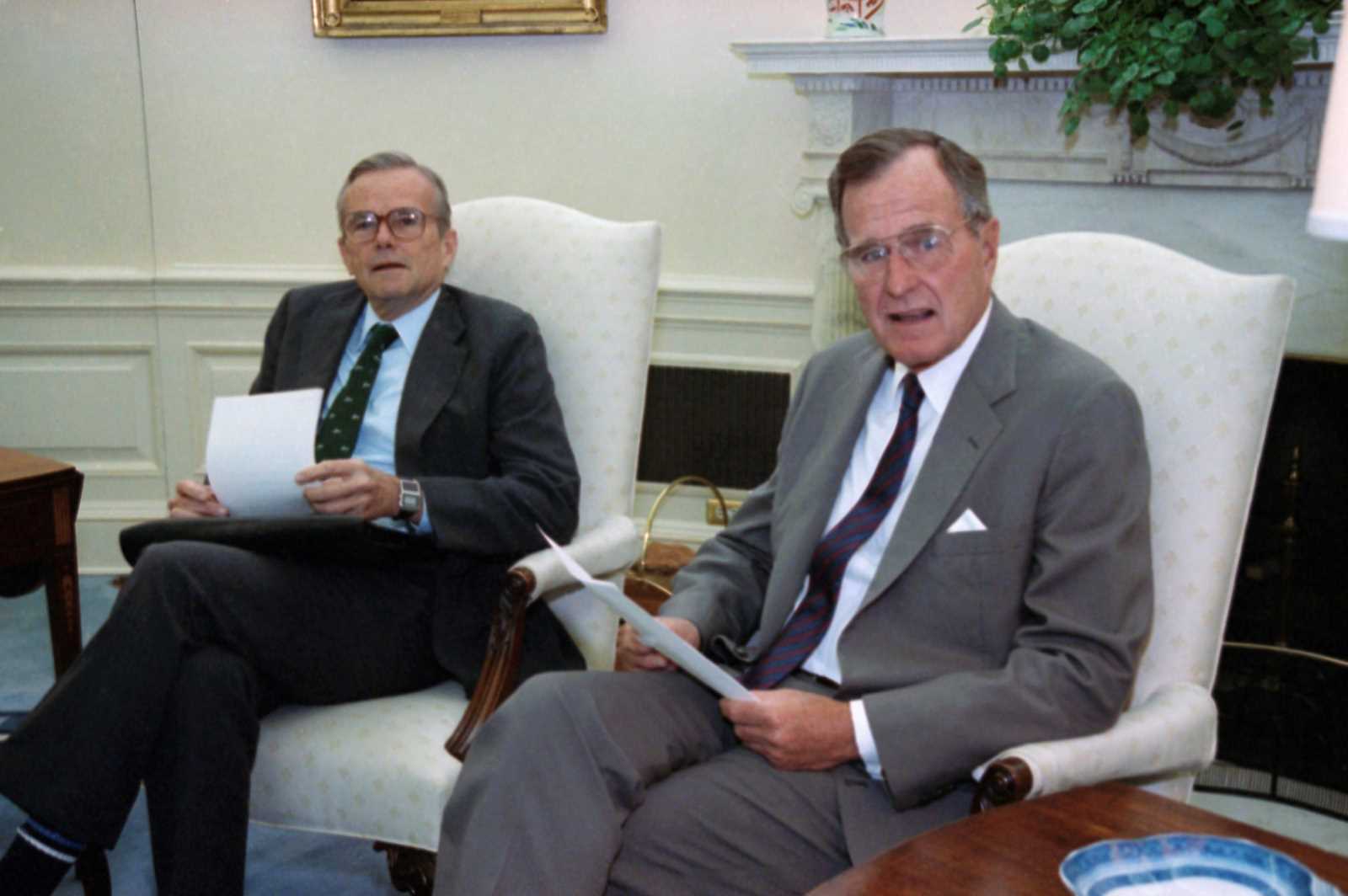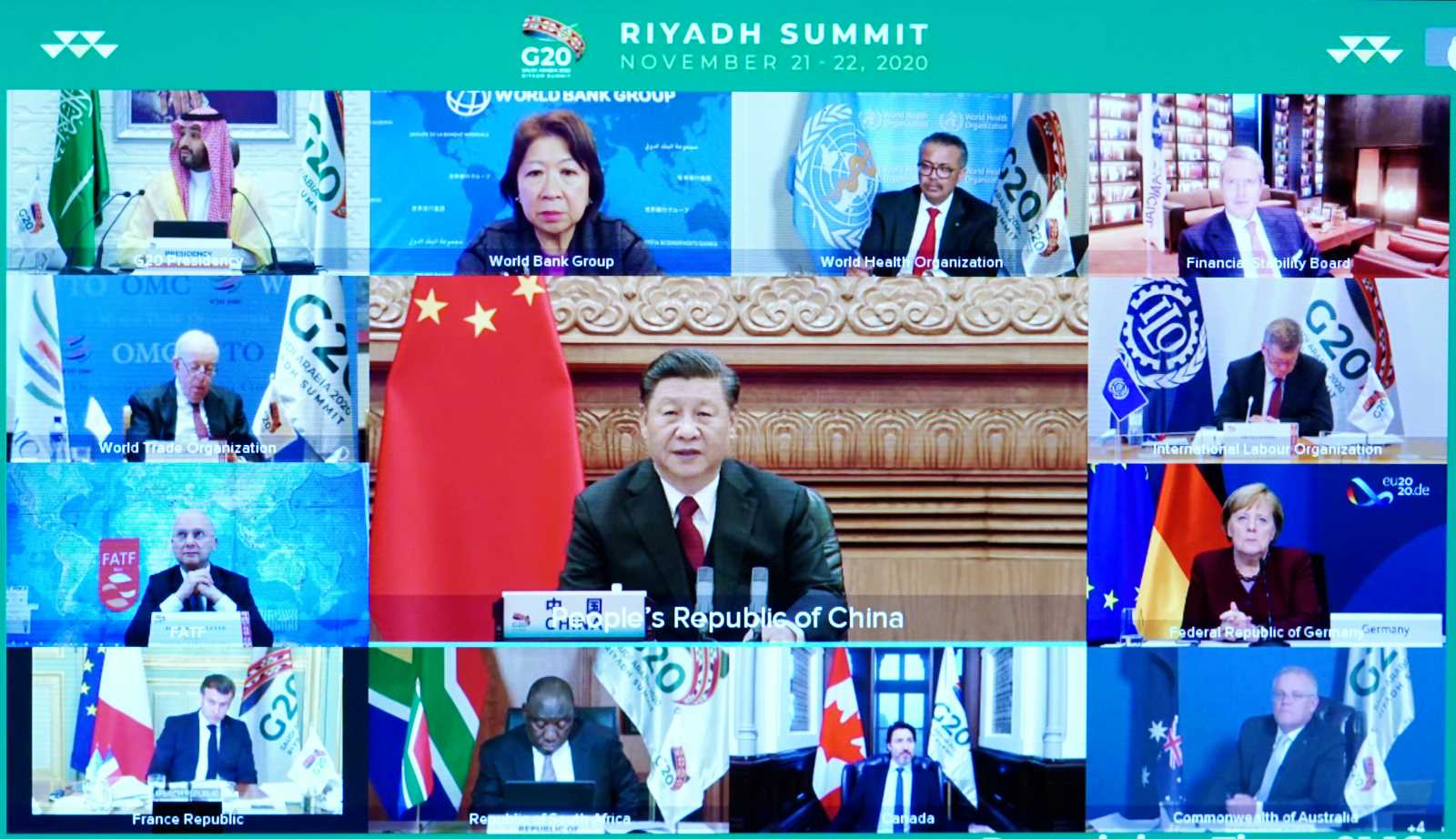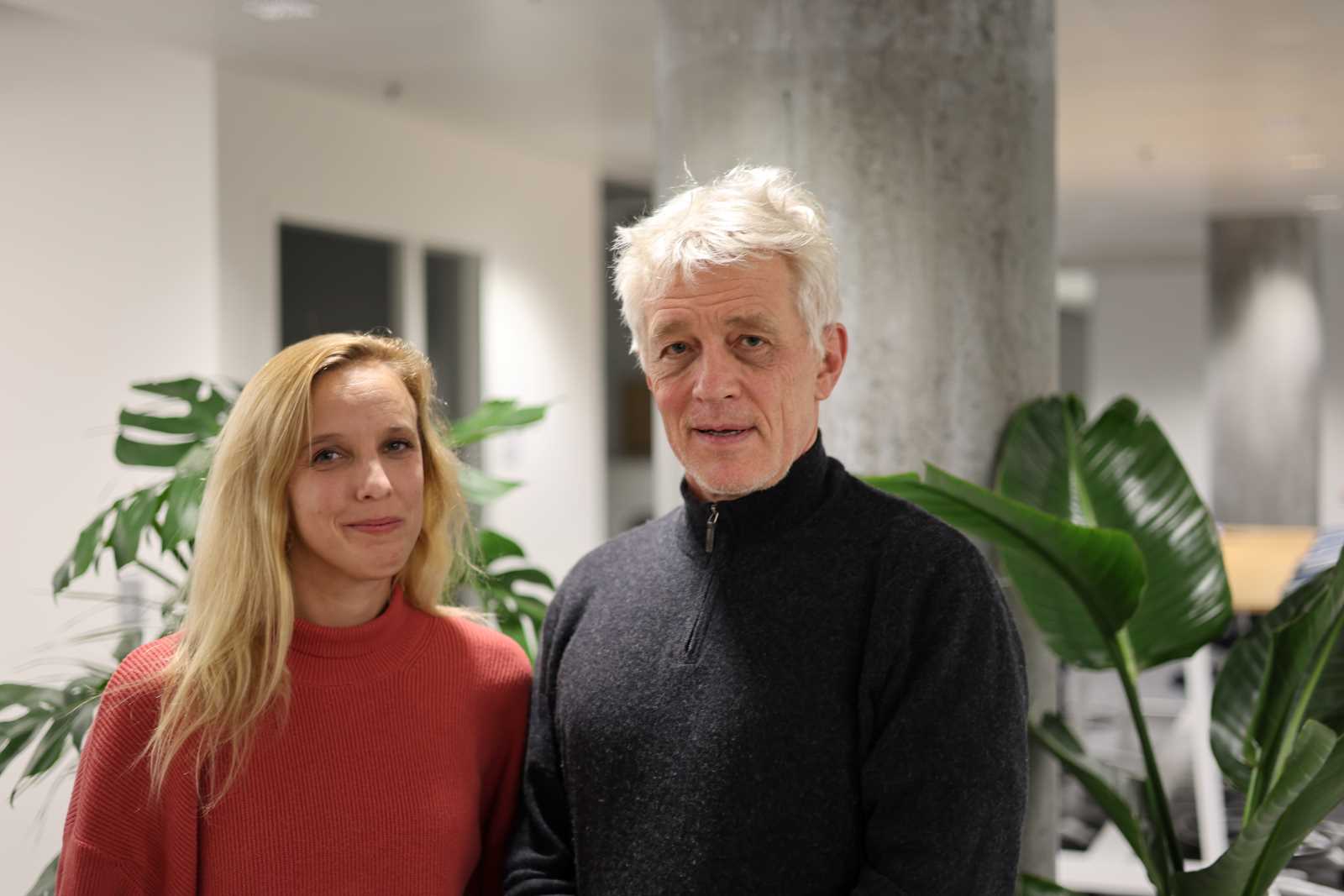Our View
Why ODA is better than its reputation in donor countries

While corruption and dysfunction mark statehood in many countries that receive ODA, both phenomena are well known in countries with high incomes too. ODA critics also overlook that many developing countries made very good use of aid in the past. The most striking example is perhaps South Korea, which used to receive ample funding, developed dynamically and eventually joined the rich-nation club OECD (Organisation for Economic Co-operation and Development).
Bangladesh is another example of donor governments’ money being used sensibly. Considered a basket case when it became independent in 1971, it now beats India and Pakistan in terms of meeting development targets.
This kind of success is generally read a national triumph, with donor input being forgotten. Failure, by contrast, is attributed to ODA, but even that perception is often distorted. When global trends destabilise an entire world region, there is more at stake than flawed ODA policies. Consider the Sahel region, where global heating is compounding aridity. Moreover, weapons became abundant after the fall of Libya’s Gaddafi dictatorship in 2011 with the result of worsening Islamist violence. No, ODA did not suffice to trigger sustainable development in the region, but high-income countries have failed it in other ways too.
Global public goods
Perhaps the most important thing ODA critics in high-income nations love to ignore is that it is about much more than “helping” poor people charitably. Global public goods like climate mitigation and security matter very much, and a growing share of ODA serves those purposes. ODA is often dual-use money. Support for clean and renewable energy helps to get a grip on the climate crisis but also reduces poverty.
The Sustainable Development Goals (SDGs) are a valid agenda. They emphasise global public goods, but also stress individual opportunity, something conservatives and market fundamentalists normally appreciate. That they disparage aid, nonetheless, is basically a populist ploy. They want to attract voters by suggesting that tax money is being wastefully spent in faraway places.
This kind of rhetoric is irresponsible. The plain truth is that high-income countries must shoulder responsibility for global public goods. Obviously, they control more resources than less fortunate countries. Moreover, their prosperity is rooted in violent exploitation in the colonial era.
OECD members have a long history of unfulfilled promises. Shying away from global challenges will not help them win friends in the increasingly tense competition with China and Russia.
By the way, global statistics show that humankind did make stunning progress in recent decades. The number of people threatened by hunger has dropped below the 1 billion it was in the early 1970s even though the world population more than doubled to 8 billion. The global life expectancy has increased by two decades. ODA did not deliver these positive results on its own, but it did play a role – especially in the many developing countries that used it well.
Hans Dembowski is the editor-in-chief of D+C/E+Z.
euz.editor@dandc.eu

